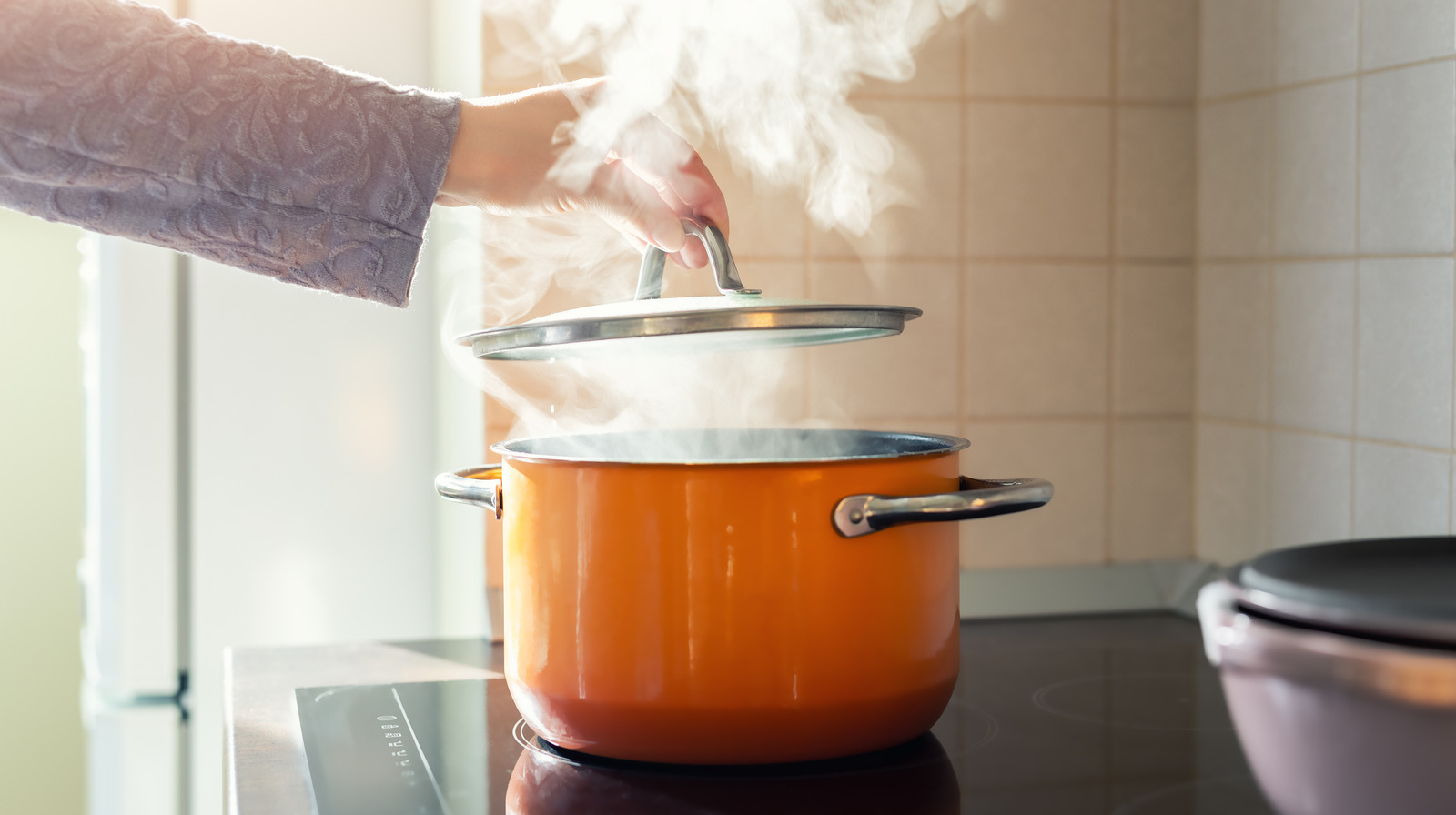

Articles
What Water To Use For Steamer
Modified: August 19, 2024
Discover the best water to use for your steamer with our informative articles. Get expert tips and tricks for achieving optimal results.
(Many of the links in this article redirect to a specific reviewed product. Your purchase of these products through affiliate links helps to generate commission for Storables.com, at no extra cost. Learn more)
Introduction
When it comes to using a steamer, one of the most crucial factors to consider is the type of water you use. The quality of the water can directly impact the performance and longevity of your steamer. But with so many options available, from tap water to distilled water, it can be challenging to determine the best choice.
In this article, we will explore various types of water that can be used for steamers and weigh the pros and cons of each option. By the end, you’ll have a better understanding of which water is ideal for your steamer.
Let’s dive in!
Key Takeaways:
- Choose distilled water for optimal steamer performance and longevity. It prevents mineral buildup and ensures purity, though it may be more expensive and unsuitable for certain steamers.
- Consider filtered water as a convenient and improved quality option. It reduces impurities and minimizes mineral content, enhancing steamer performance while requiring regular filter maintenance.
Read more: What Water To Use In Facial Steamer
Tap Water
Tap water is the most readily available option for many households. It is the water that comes directly from your local municipal water supply and is delivered through pipes to your home. While tap water is convenient, it may not always be the best choice for your steamer.
The main issue with using tap water in a steamer is mineral buildup. Tap water can contain various minerals, such as calcium, magnesium, and iron. When the water is heated and evaporates in the steamer, these minerals can leave behind deposits, known as limescale, on the heating element and other surfaces in the steamer. Over time, this buildup can affect the performance and efficiency of the steamer.
In areas with hard water, which contains high mineral content, the problem of limescale buildup becomes even more noticeable. The minerals can accumulate quickly, leading to clogged pipes and reduced steam output. This can result in a shorter lifespan for your steamer.
However, tap water can still be used if you take proper precautions. One option is to use a water softener or demineralization cartridge in your steamer. These devices help remove or reduce the mineral content in the water, minimizing the possibility of limescale buildup. Additionally, regularly descaling your steamer can help remove any existing deposits.
It’s important to note that tap water quality can vary depending on your location. Some municipalities have stringent water treatment processes, ensuring cleaner and safer water. In such cases, using tap water in your steamer may be a viable option, especially when combined with preventive measures against limescale buildup.
While tap water is the most convenient choice, it’s essential to consider the mineral content and water quality in your area before deciding to use it in your steamer. Let’s explore other options to see if there are better alternatives.
Distilled Water
Distilled water is a popular choice for using in steamers due to its purity. It is produced by a process called distillation, where water is heated and turned into steam, then condensed back into liquid form, leaving behind impurities and minerals.
Using distilled water in your steamer eliminates the risk of mineral buildup and limescale. Since it doesn’t contain any minerals, there will be no deposits left behind when the water evaporates. This ensures that your steamer will operate at peak performance and have a longer lifespan.
Furthermore, distilled water is free from contaminants and impurities that can be found in tap water, such as chlorine, fluoride, and heavy metals. This makes it a safe choice, especially if you have sensitive skin or allergies.
However, there are a few considerations to keep in mind when using distilled water. Since it doesn’t contain any minerals, it lacks the ability to conduct electricity. This means that if your steamer has a built-in sensor or relies on the conductivity of water to function, using distilled water may not produce the desired results. In such cases, it’s best to check the manufacturer’s recommendations.
Another factor to consider is the cost. Distilled water is typically more expensive than tap water or other alternatives. Depending on how often you use your steamer, the cost of purchasing distilled water can add up over time. However, some individuals choose to invest in a home water distiller, allowing them to produce their own distilled water at a lower cost in the long run.
Overall, if you want to ensure optimal performance and longevity of your steamer while avoiding mineral buildup and impurities, distilled water is an excellent choice. Its purity and lack of minerals make it a safe and reliable option for your steaming needs.
Filtered Water
Filtered water is another viable option for using in steamers. It refers to water that has undergone a filtration process to remove impurities, contaminants, and, in some cases, minerals.
There are various methods of water filtration, including activated carbon filters, reverse osmosis, and ceramic filters. These filters can effectively remove chlorine, sediment, chemicals, and some bacteria from the water, improving its taste, odor, and clarity.
Using filtered water in your steamer offers several benefits. First, it helps reduce the risk of mineral buildup and limescale. Although not all filters can remove minerals, some advanced filtration systems, such as reverse osmosis, can significantly reduce mineral content in the water.
Filtered water also provides a higher quality water source compared to tap water. It removes many common contaminants, improving the overall purity and taste of the water. This can be particularly beneficial if you live in an area with poor water quality or if you have specific sensitivities or preferences.
However, it’s important to note that not all filtration systems are the same. Different filters have varying degrees of effectiveness in removing minerals, so it’s best to choose a filter specifically designed for that purpose if you want to minimize mineral buildup in your steamer.
Additionally, the lifespan of filters can vary. It’s crucial to follow the manufacturer’s recommendations and replace filters regularly to ensure optimal filtration efficiency. Neglecting filter maintenance can result in reduced water quality and potential issues with your steamer.
Filtered water is a convenient option for using in steamers, especially if you already have a filtration system in your home. It offers improved water quality, reduced impurities, and the potential for less mineral buildup compared to tap water. Just make sure to choose a filter that suits your needs and keep up with regular maintenance.
Use distilled water in your steamer to prevent mineral buildup and prolong the life of the machine. Tap water can leave deposits and cause clogs.
Bottled Water
Bottled water is a popular choice for those who prefer convenience and purity. It is readily available in various brands and types, offering consumers a range of options to choose from.
Using bottled water in your steamer can be a convenient and reliable choice. Most bottled water goes through rigorous filtration and purification processes, ensuring its quality and safety. It is typically free from contaminants, minerals, and impurities that can affect the performance of your steamer.
However, there are a few considerations when using bottled water in your steamer. First, the cost can be a factor. Compared to tap water or other alternatives, bottled water can be relatively expensive. If you frequently use your steamer and rely solely on bottled water, the cost can add up over time.
Another consideration is the environmental impact. The production and disposal of plastic bottles contribute to plastic waste and pollution. Opting for reusable water bottles or considering alternative water sources can help reduce your environmental footprint.
It’s also important to note that not all bottled water is the same. Different brands and types of bottled water may have varying mineral content, pH levels, and tastes. This can potentially impact the performance of your steamer or alter the outcome of your steaming process. It’s advisable to choose bottled water with lower mineral content to minimize the risk of limescale buildup.
If you decide to use bottled water in your steamer, be sure to read the label and choose a reputable brand. Look for bottled water that is labeled as “low mineral content” or “suitable for appliances” to ensure compatibility with your steamer and minimize the risk of mineral buildup.
Ultimately, bottled water can be a convenient option for using in your steamer, providing purity and ease of use. However, it’s important to consider the cost, environmental impact, and choose the right type of bottled water to optimize the performance of your steamer.
Read more: What Were Steamer Trunks Used For
Spring Water
Spring water is a natural source of water that comes from underground springs. It is often regarded as a refreshing and pure alternative to tap water. Spring water is typically sourced from protected underground sources and is known for its crisp taste and mineral composition.
Using spring water in your steamer can have its advantages. The natural minerals present in spring water, such as calcium and magnesium, can enhance the overall quality and taste of the steam. Additionally, the mineral content in spring water is usually lower than that of tap water, reducing the risk of limescale buildup.
However, it’s important to note that not all spring waters are the same. The mineral composition can vary depending on the source and location of the spring. Some spring waters may have higher mineral content, which can potentially lead to more significant limescale buildup in your steamer.
When considering spring water for your steamer, it’s essential to check the label and choose a brand that specifies low mineral content or suitability for appliances. This will help ensure that the spring water you use is suitable for steamers and reduces the risk of mineral-related issues.
One potential drawback of using spring water is the cost. Compared to tap water or other alternatives, spring water can be more expensive, especially if you use your steamer frequently. It’s important to factor in the cost when deciding whether spring water is the right choice for your needs.
Additionally, it’s crucial to consider the environmental impact of using bottled spring water. The production, transportation, and disposal of plastic bottles contribute to plastic waste and pollution. Opting for eco-friendly packaging or exploring other water sources, such as filtered tap water, can be more sustainable alternatives.
Ultimately, the choice to use spring water in your steamer depends on your personal preferences and circumstances. If you appreciate the taste and mineral composition of spring water, and the cost is not a significant concern, it can be a refreshing and suitable option for your steaming needs.
Conclusion
Choosing the right water for your steamer is essential for optimal performance and longevity. While there are various options available, each with its own pros and cons, it ultimately comes down to your preferences, water quality in your area, and the specific requirements of your steamer.
Tap water is the most readily available option but may come with the risk of mineral buildup and limescale. Using a water softener or demineralization cartridge can help mitigate these issues in areas with hard water.
Distilled water is a popular choice due to its purity and lack of minerals. It prevents mineral buildup and is free from contaminants, making it a safe and reliable option for steamers. However, it can be more expensive and may not be suitable for steamers that rely on water conductivity.
Filtered water offers a convenient and improved water quality option. It removes impurities and can minimize mineral content, reducing the risk of limescale buildup. Choose a filter specifically designed for steamers to optimize performance.
Bottled water provides convenience and purity, but it can be costly and have environmental implications due to plastic waste. Consider using reusable water bottles or exploring alternative water sources to reduce your environmental footprint.
Spring water can offer a refreshing taste and lower mineral content compared to tap water, but it’s important to choose a brand with low mineral content suitable for appliances. Cost and environmental impact should also be taken into account.
In conclusion, the best water for your steamer depends on factors such as water quality in your area, personal preferences, and the specific needs of your steamer. Consider the pros and cons of each option to make an informed decision. Regular maintenance, such as descaling, will also help maintain the performance and longevity of your steamer, regardless of the water you choose.
Keeping your steamer in prime condition involves more than just using the right water. Interested in how to extend its life and boost its efficiency? Our next guide on steamer maintenance covers everything you need to know about cleaning the heating element.
Frequently Asked Questions about What Water To Use For Steamer
Was this page helpful?
At Storables.com, we guarantee accurate and reliable information. Our content, validated by Expert Board Contributors, is crafted following stringent Editorial Policies. We're committed to providing you with well-researched, expert-backed insights for all your informational needs.
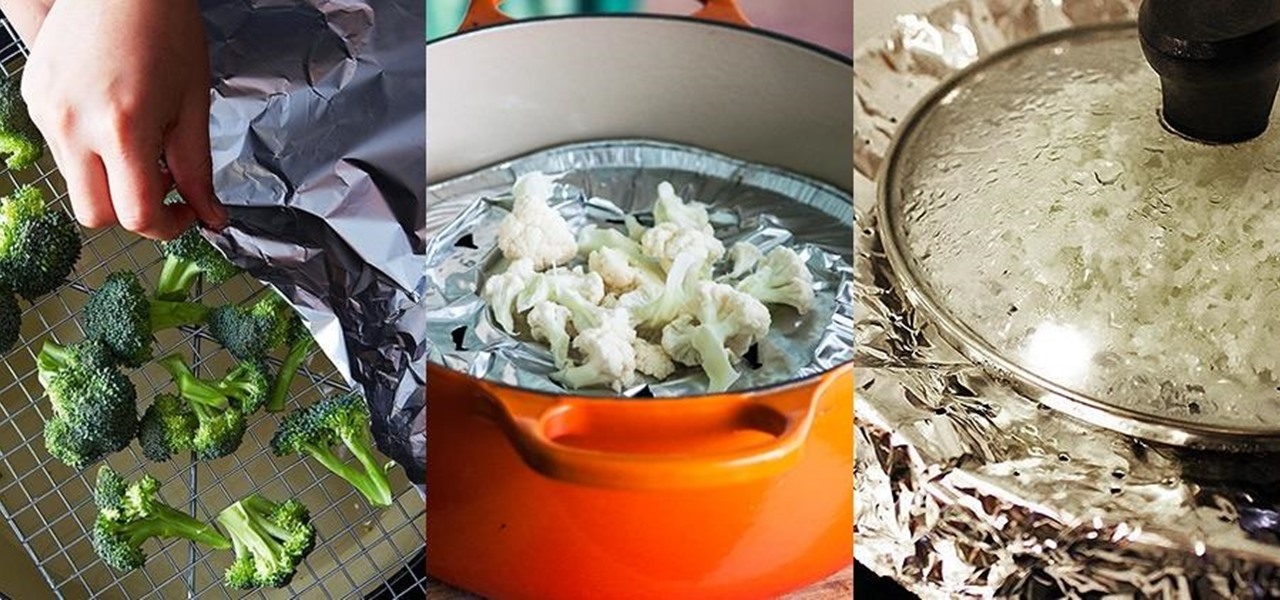
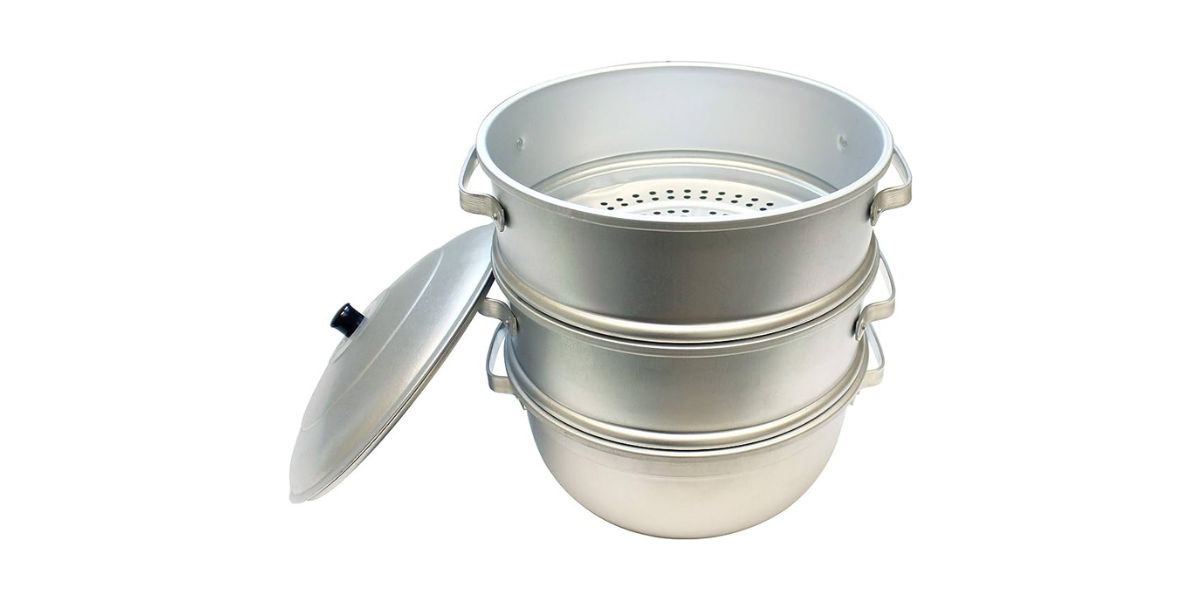
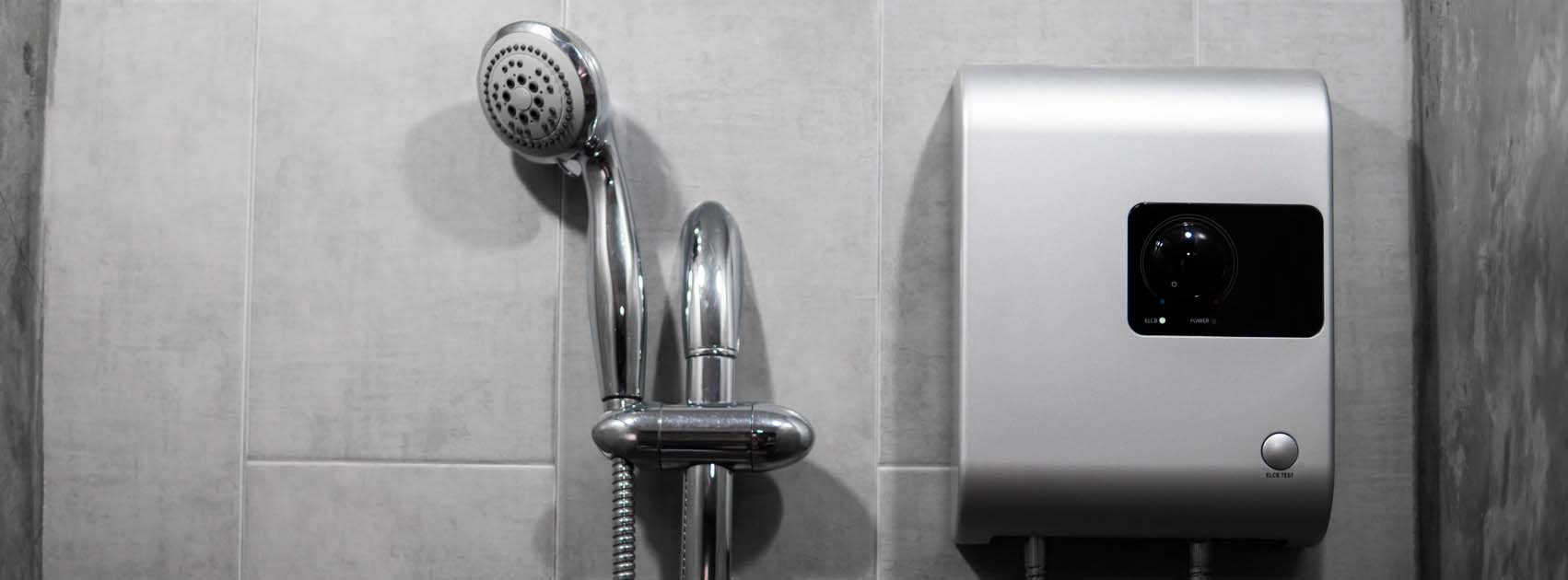
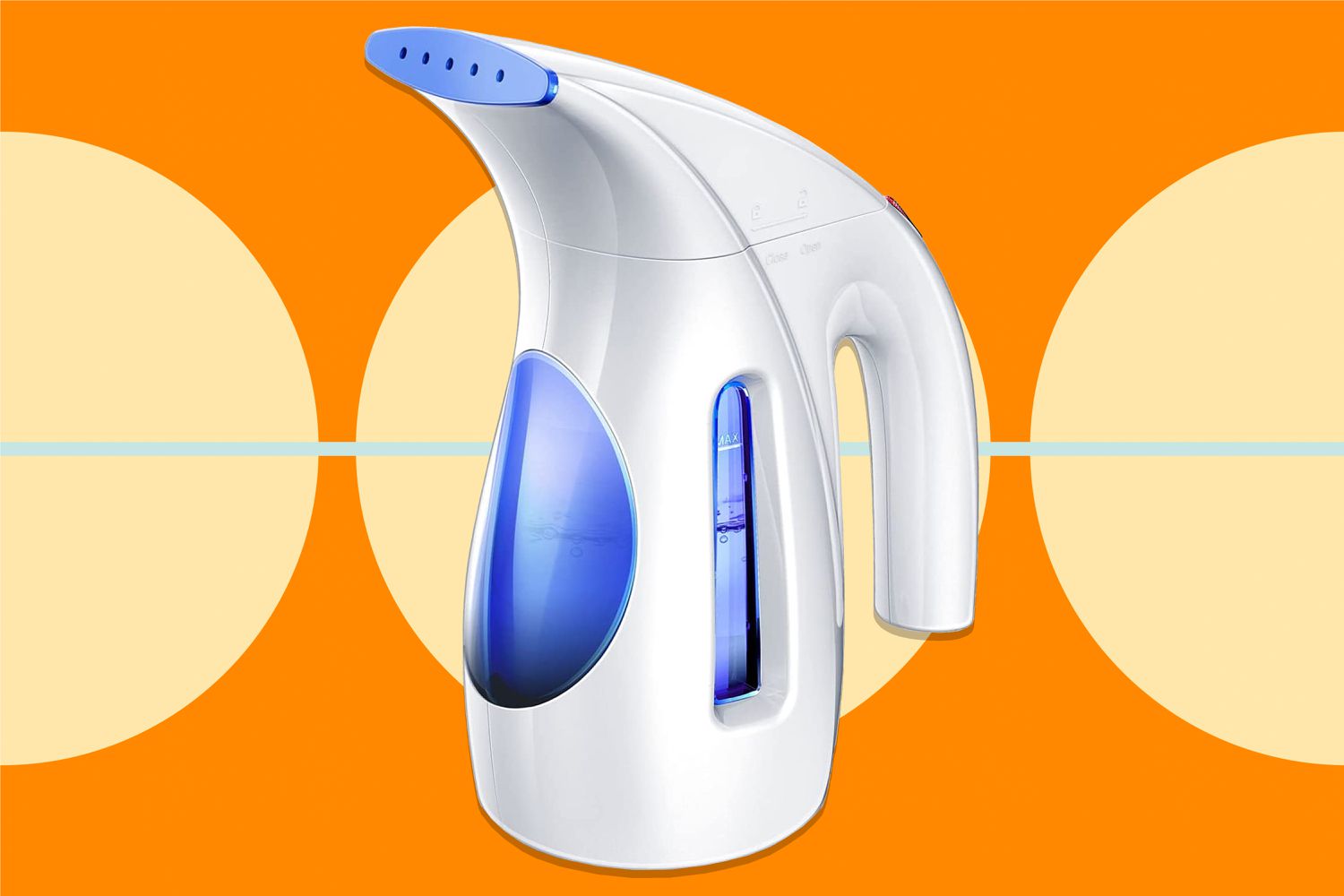
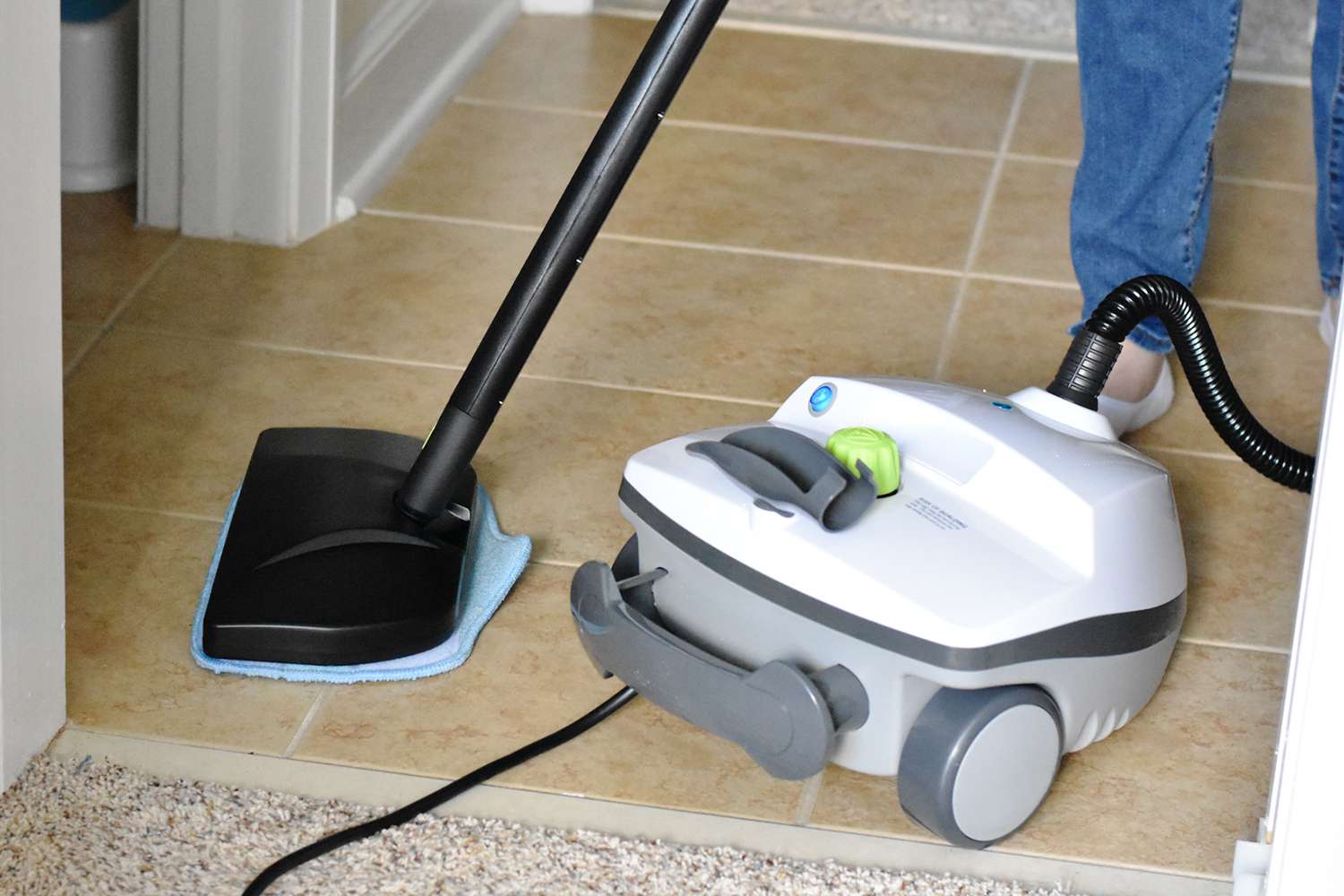
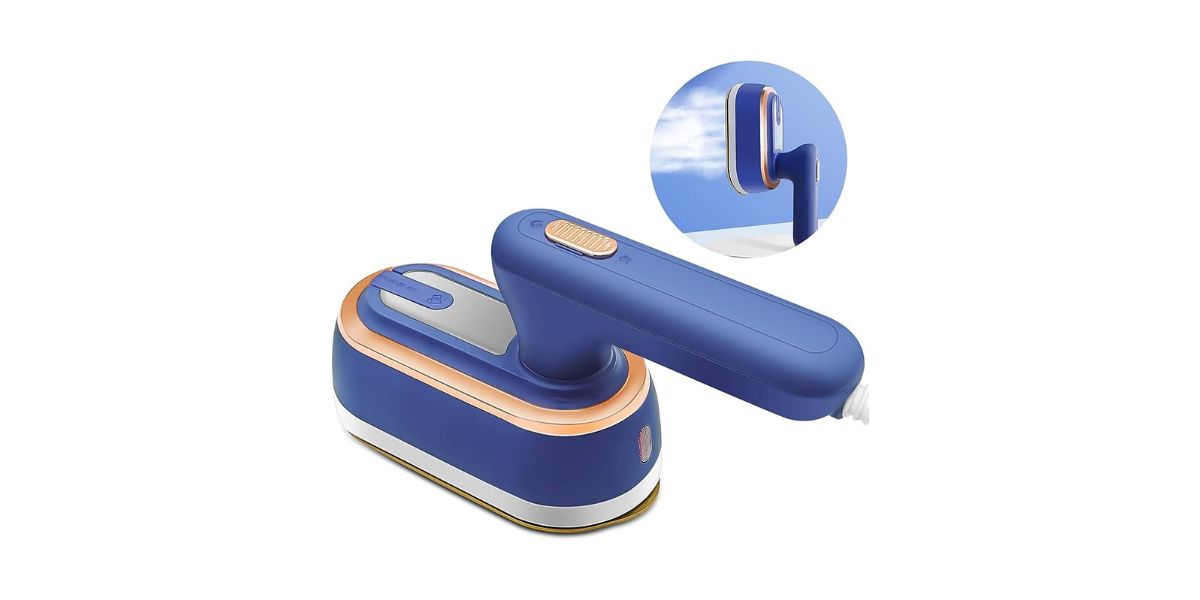
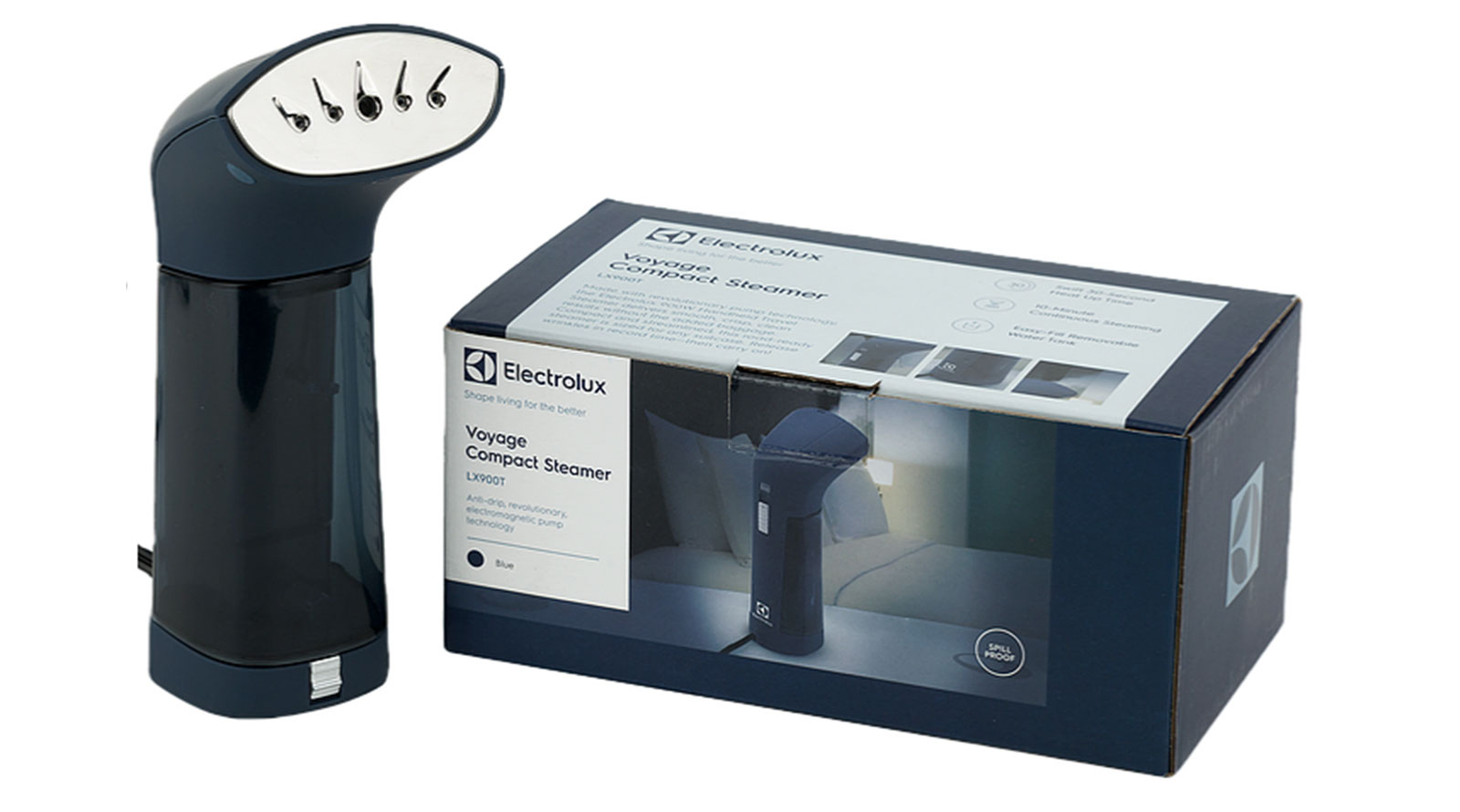
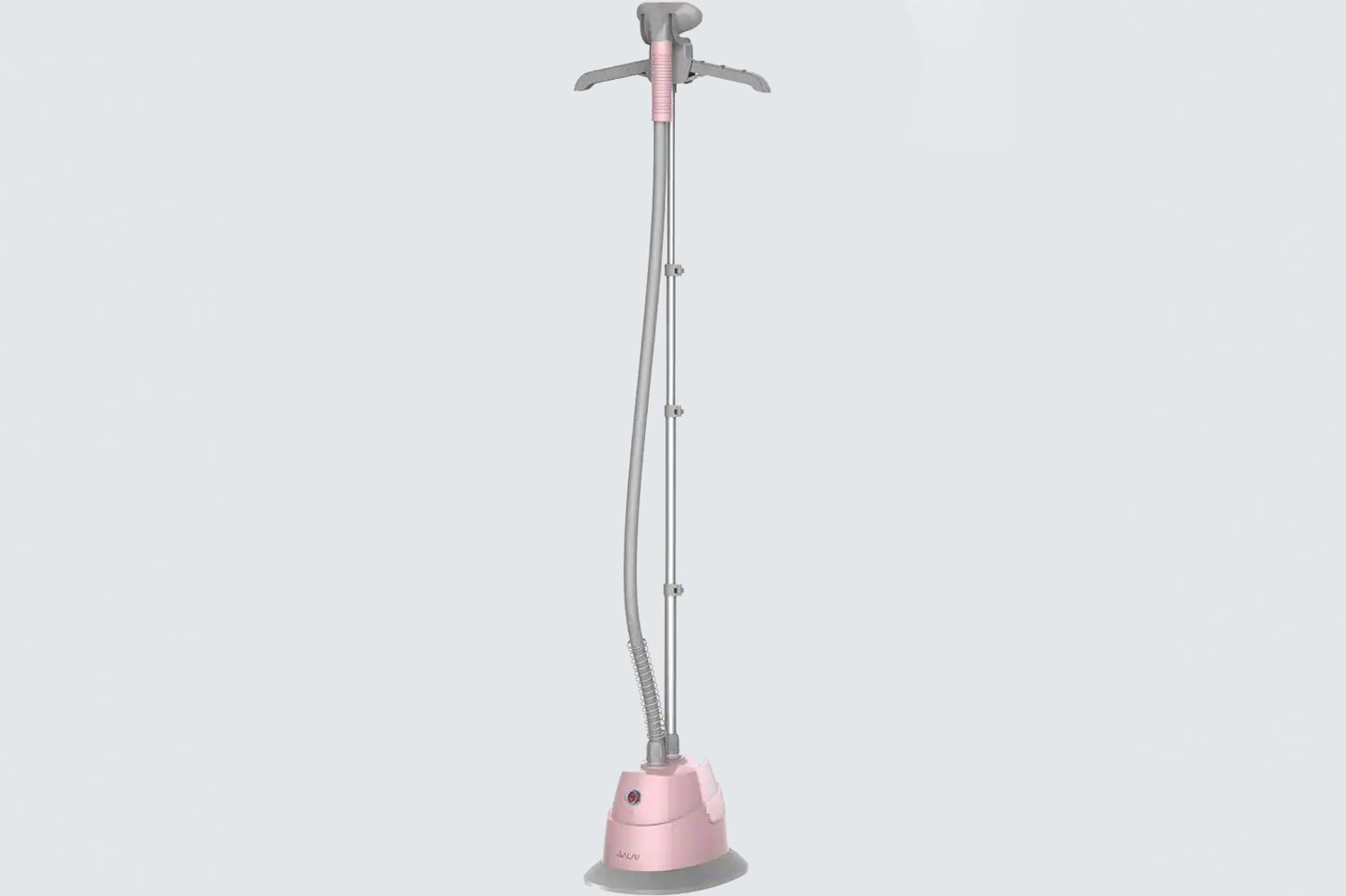
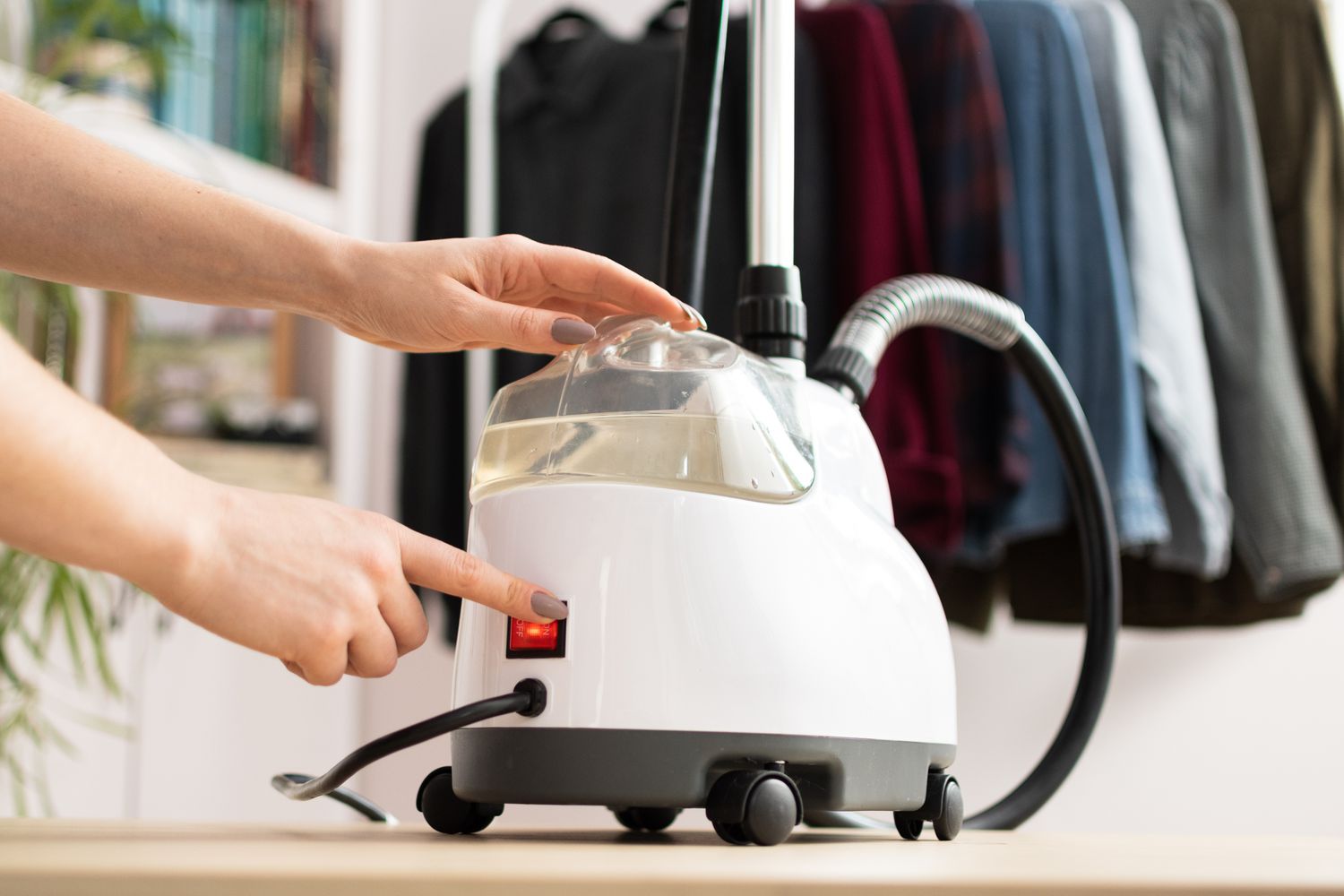
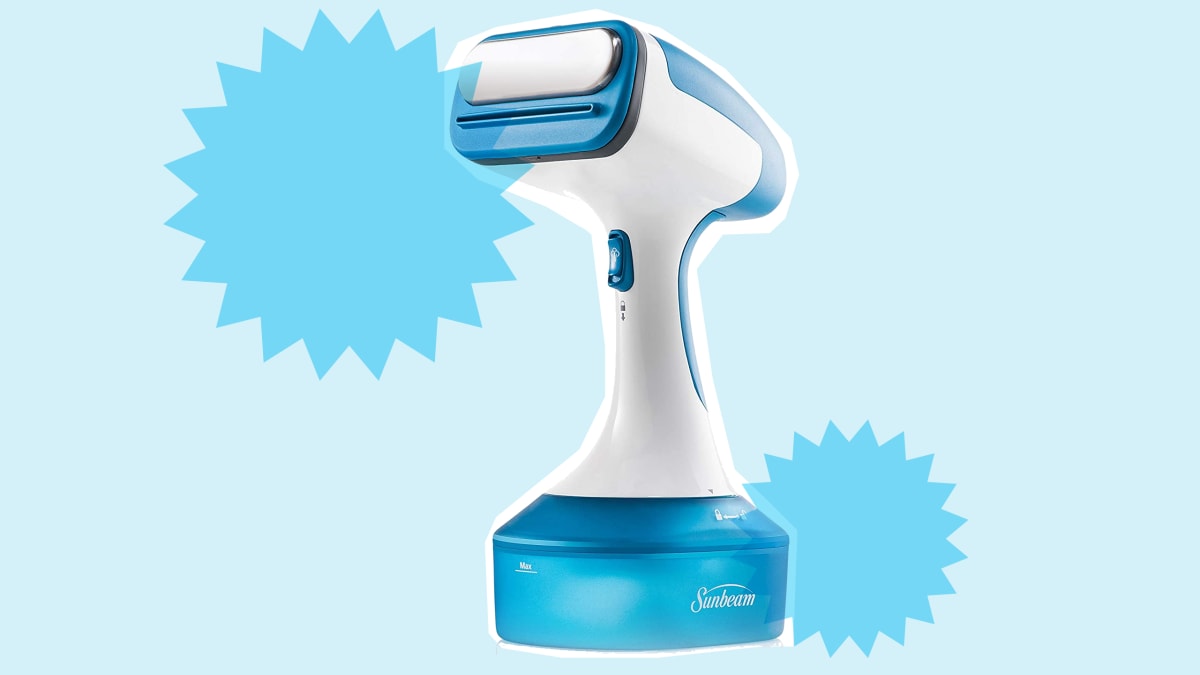
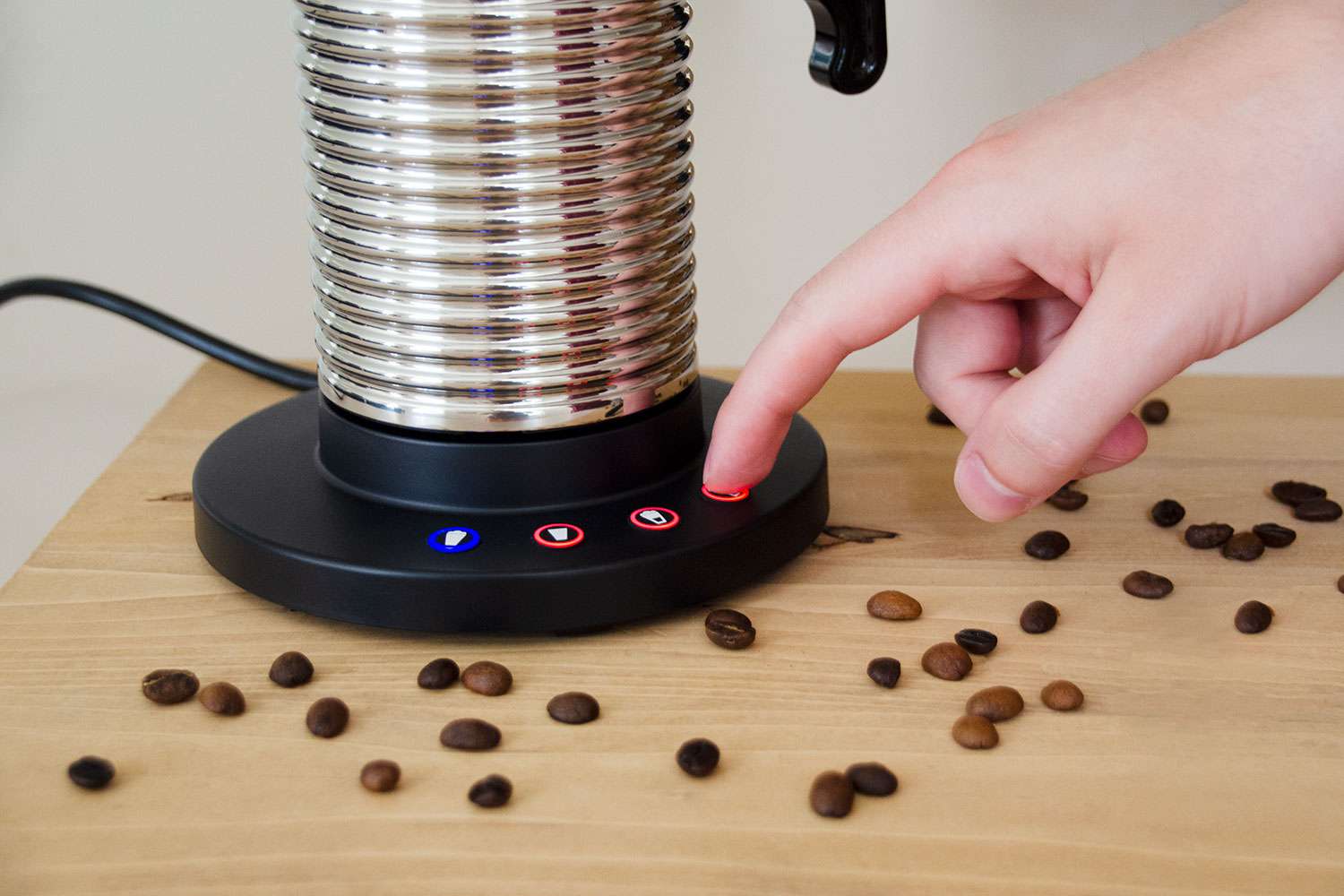
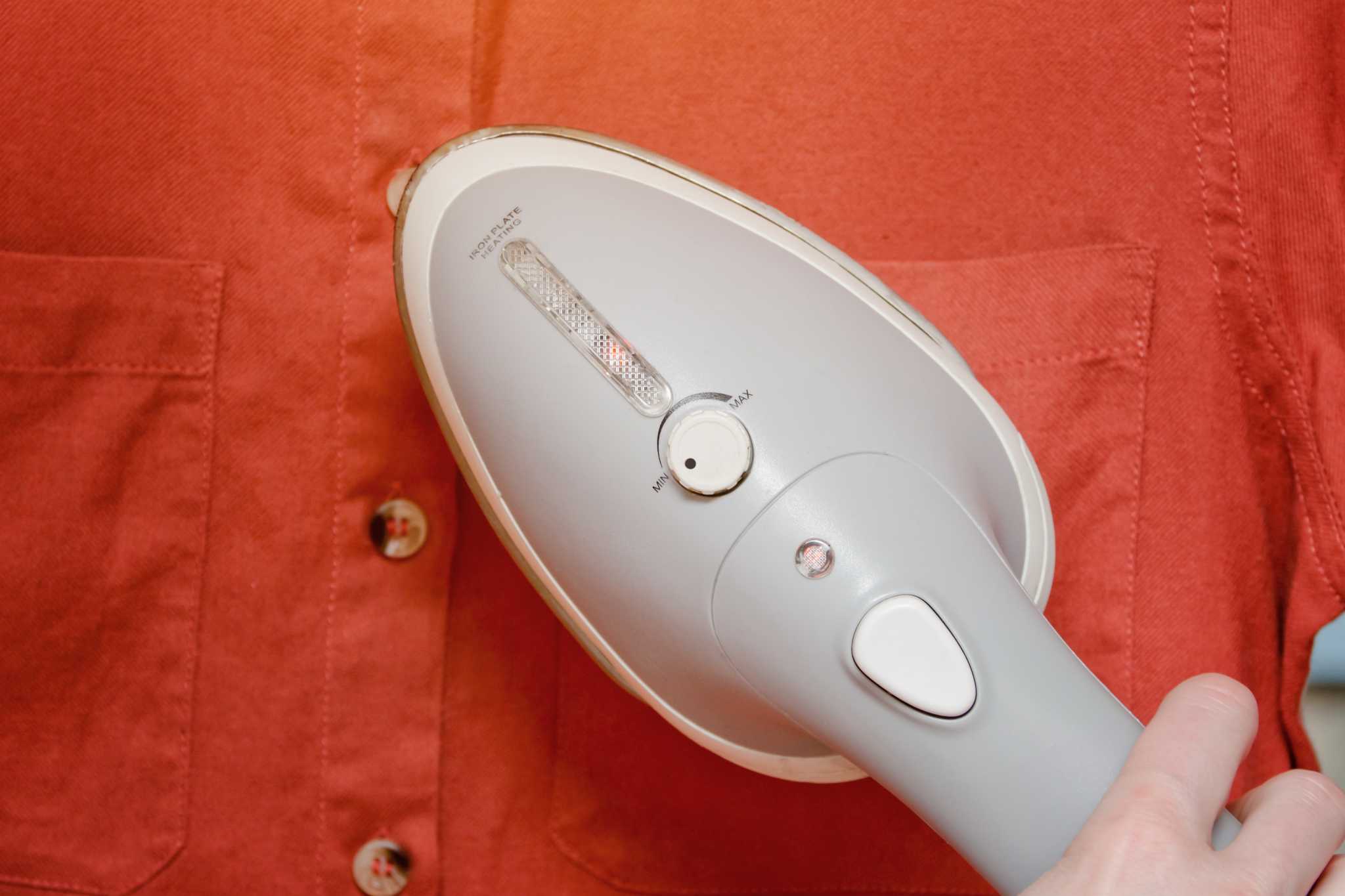
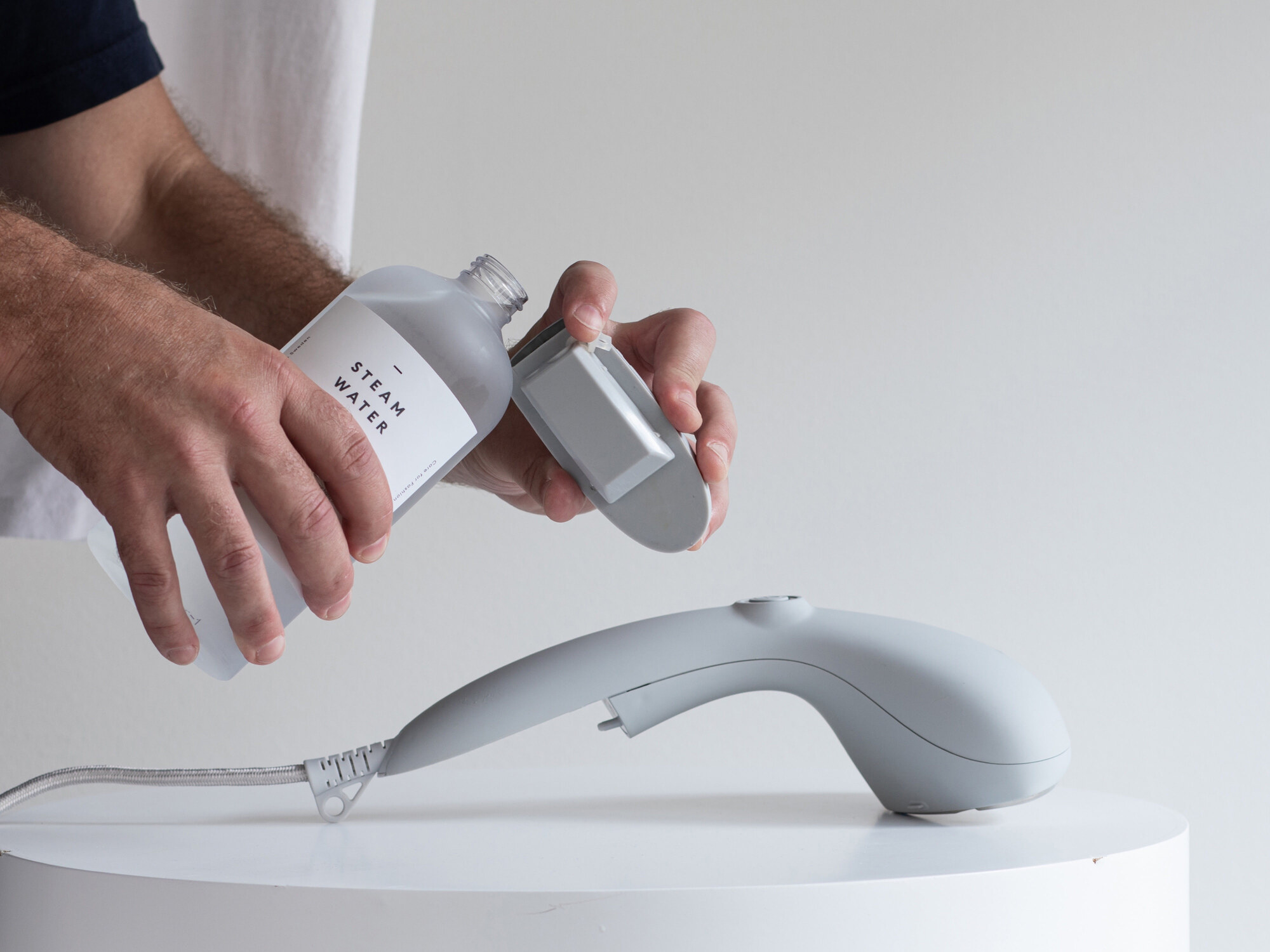
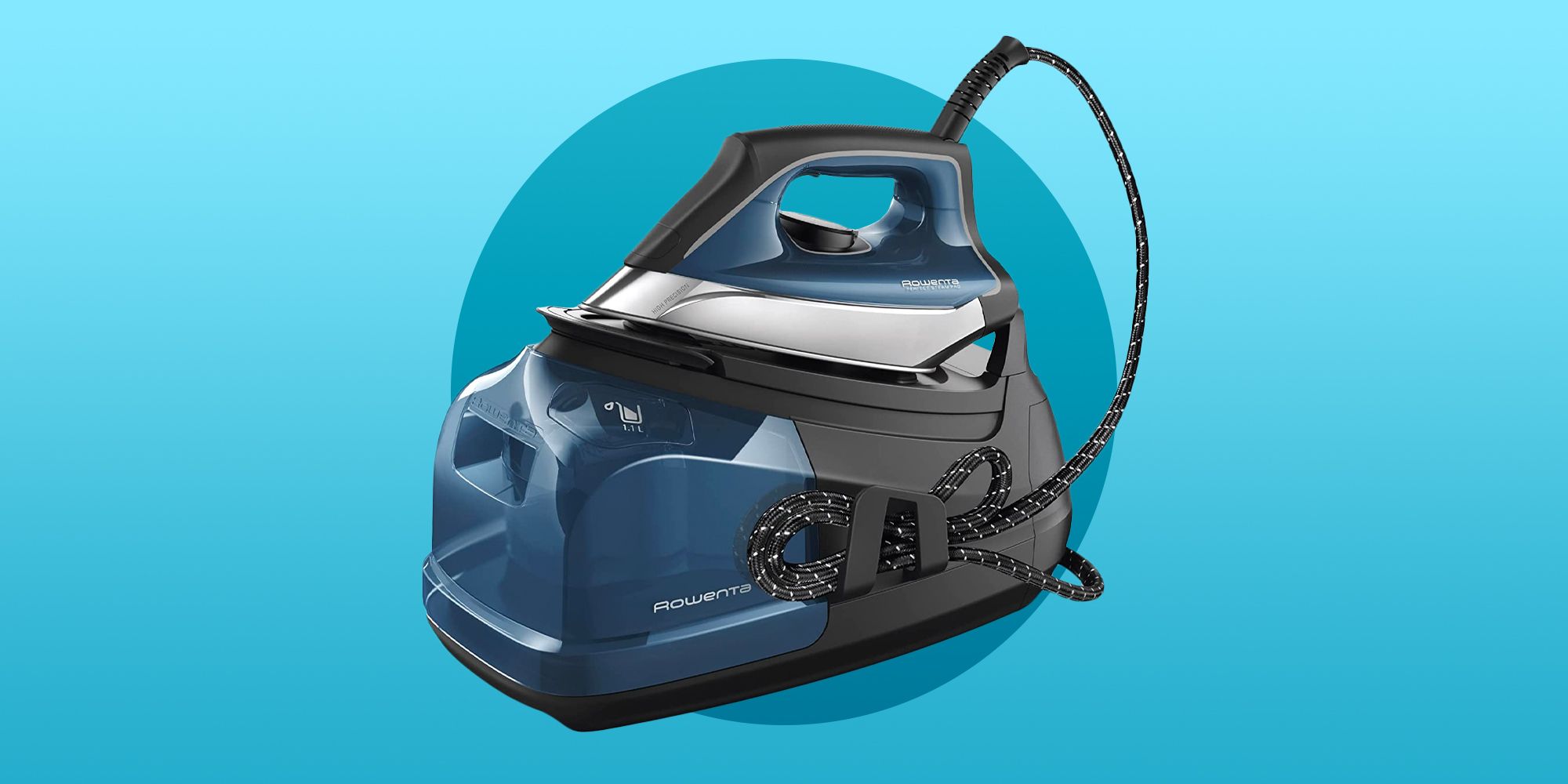

0 thoughts on “What Water To Use For Steamer”